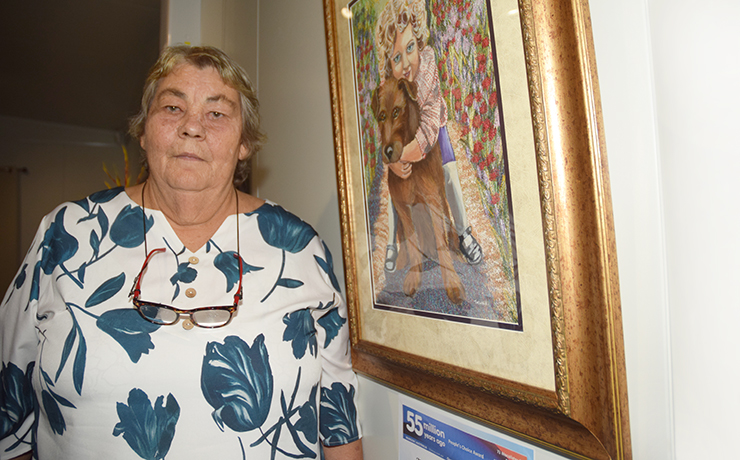March 5, 2025
More cases of Japanese encephalitis virus (JEV) have been detected in Queensland piggeries.
A Biosecurity Queensland spokesperson said JEV is considered established in mainland Australia, with the risks of transmission likely to vary seasonally and between years depending on weather and other local factors.
“With the anticipated wet weather event in southern Queensland, we urge animal owners to be alert even in areas where there have not been detections of JEV to date,” the spokesperson said.
“Animals and people become infected with JEV through the bite of an infected mosquito. It is not possible for people to catch JEV directly from infected animals. JEV cannot be transmitted human to human, or human to mosquito.
“The key to avoiding JEV infection for yourself and your animals is to avoid exposure to mosquitoes.”
JEV can cause reproductive issues in pigs and neurological signs in horses (unco-ordinated movements, difficulty swallowing, impaired vision).
JEV is reportable in Queensland.
Anyone who suspects an animal is showing signs of Japanese encephalitis must report it to a local veterinarian or Biosecurity Queensland on 13-25-23.
The location of the latest piggeries was been revealed by Queensland Biosecurity.
Related articles:
- Qld Health Renews JEV Warning
- JEV Found In Qld Piggeries
- JEV Found In More Mozzies
- Alerts Issued About JEV
- UQ Team Develops JEV Vaccine
- Free Vax Available Against JEV
- Horse, Pig Owners Told: Stay Vigilant
- JEV in Third Piggery
- JEV In Second Piggery
- $69m Plan To Tackle JEV
- Vaccine Rollout Targets JEV
- Alert Issued Over Encephalitis
- Warm, Wet Weather Breeds Mozzies
- JEV Detected In Piggeries























